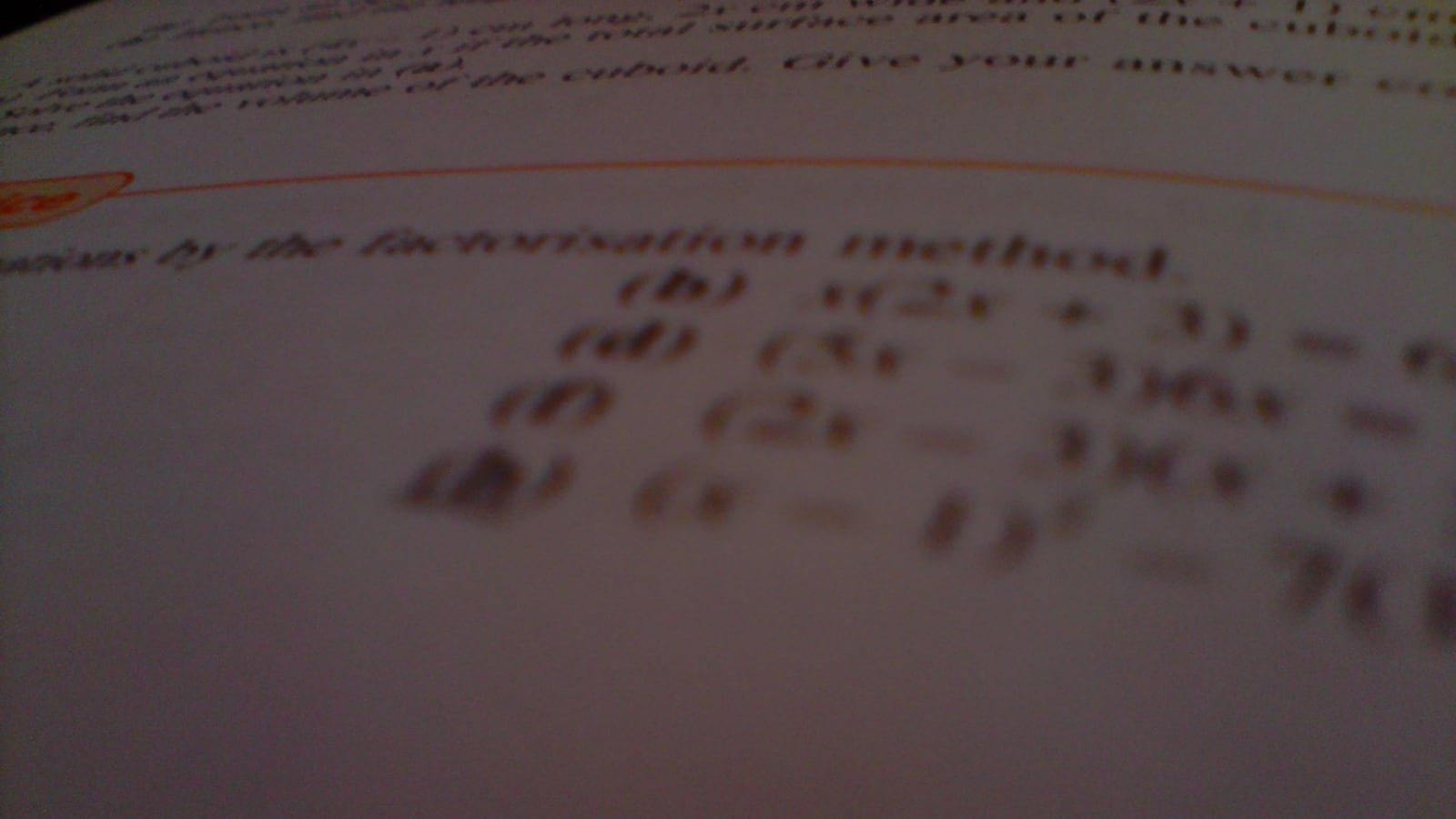The state board of education will most likely approve a new list of math textbooks for the state of Tennessee next week — and unlike books available in the past, they will be aligned with the Common Core State Standards, according to members of the textbook commission that approved them.
That would provide teachers with an extra set of tools to help students meet the standards on high-stakes assessment at the end of the year.
The state approves a new list of textbooks for each subject about every six years. In recent years, though, changes in standards have been swift, with Tennessee adopting new math standards in 2008, and again in 2010, with the introduction of the Common Core.
That means that textbooks have quickly fallen out of date. Experts say that even math books marketed as Common Core-aligned are often far from it. And now, open-source, online and customizable curricular materials are more widely available than ever.
The Tennessee textbook commission, which includes three math teachers from across the state as well as two superintendents and a principal, approved the list of more than 400 books and workbooks earlier this month. The textbooks were evaluated by 38 math teachers from across the state, all of whom had been trained on the state standards for math.
The commission then made recommendations based on the evaluators’ reviews, followed by a period of public review before the commission finalized it. The reviewers’ focus was on making sure the books were focused on material related to the standards, and making sure the books were rigorous.
Although the state provides the list of approved textbooks, it is up to the discretion of each district to decide which books it will buy, or if it will buy a set of textbooks at all.
Monty Wilson, the head of the textbook commission and a former teacher, said that the aim is to cut the workload for local districts seeking quality materials, because they can focus their search on the materials right for their district on a list of books already screened by the state, rather than every book published in the country.
“A large proportion of work is complete for districts, because we ensure that (the textbooks on the list) meet a certain level of rigor,” he said.
Cory Concus, a math teacher at Covington High School in Tipton County, served on the math textbook commission this year. Like other Tennessee teachers, he had been underwhelmed by past textbooks because they often covered material that had been taught in earlier grades, while lacking grade-level content.
He said he was surprised at how rigorous the adoption cycle was, and how much attention was paid to ensure that the approved books were aligned with the standards teachers need to use. The rubric evaluators used (embedded below) stresses the importance of books reflecting Tennessee’s standards, and begins with a notice to evaluators of the importance of standards alignment.
This might be the first year that books aligned with the Common Core even exist, said Morgan Polikoff, a researcher from the University of Southern California.
After most states in the country adopted Common Core State Standards, textbook companies rushed to adapt their textbooks to the new standards — but studies by Polikoff and William Schmidt at Michigan State University show that the majority of those books were almost unchanged from pre-Common Core iterations.
“It is a sham,” Schmidt said at the Education Writers Association conference in Nashville in May. “These snake-oil salesmen run over the country and tell all these poor districts and teachers that the books line up. The yellow stamp on the front has nothing to do with the substance within the book.”
Schmidt said books that are Common Core-aligned should cover fewer topics, but more in-depth.
“If we keep teaching—fractions, for example—to very little depth, kids aren’t going to get it and Common Core will be blamed,” he said in May.
Polikoff said that it was possible the books Tennessee approved will be aligned, since they were all published this year. His past studies of books published by Houghton-Mifflin, Pearson, and McGraw-Hill showed that even books the publishers claimed to be core-aligned were missing content related to the standards, or had content that was unrelated to the standards. But he said he had not yet studied the books approved by Tennessee, which were published this year.
Teachers who have been relying on online materials, or creating their own, would welcome better texts, said Mary Ashlock, a math teacher in Henry County.
“If I had a textbook that was worth a flip, I would probably use it,” she said.
Here’s the rubric reviewers used:


